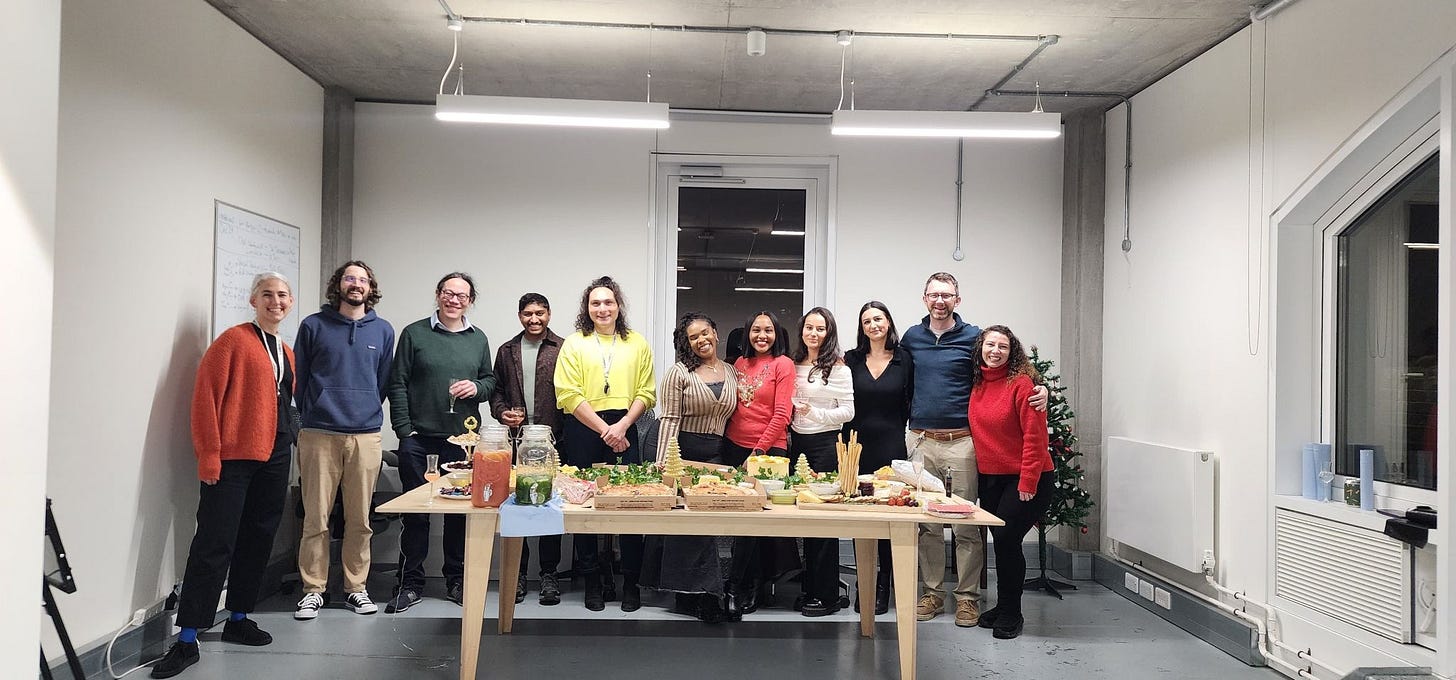Salient Bio raises £2.35m to expand women’s health diagnostics
First to market will be a non-invasive IBD diagnostic test
London-based Salient Bio has secured £2.35m in seed funding to accelerate its pipeline of microbiome-based diagnostic tools, with a strategic focus on hard-to-diagnose conditions that disproportionately affect women.
The round was led by early-stage medtech investment firm THENA Capital, with additional backing from strategic investors and Vanneck Ltd’s EIS fund.
Salient Bio is developing non-invasive, at-home tests through its SIGNAL platform, which combines automation, microbiome data and machine learning to deliver faster and more accurate diagnostics.
Its first commercial application targets inflammatory bowel disease (IBD) — a condition that currently takes an average of 12 months to diagnose. But the company’s ambitions extend far beyond IBD, with women’s health flagged as a priority area where innovation has lagged behind.
“We are incredibly excited to welcome THENA Capital to our board,” said Marta Ciechonska, co-founder of Salient Bio.
“The THENA team brings invaluable experience in scaling transformative healthcare businesses. Their strategic insight, particularly in navigating complex clinical, regulatory and commercial pathways, will be instrumental as we expand into new markets and advance our pipeline of diagnostic innovations.”
THENA Capital, which led the round, pointed to Salient’s potential to reshape access to diagnostics.
“Salient Bio has demonstrated remarkable traction delivering precision diagnostics at scale,” said Dr. Pamela Walker Geddes, General Partner at THENA Capital.
“Their platform has the potential to make advanced diagnostics radically more accessible for consumers, patients, clinicians, payers, and pharma. We’re proud to support Salient Bio on its journey to becoming the backbone of next-gen diagnostics.”
Salient Bio argues that decentralised, accessible testing could be transformative for women who face years of delays and dismissals before receiving diagnoses for conditions such as endometriosis, PCOS, and other chronic disorders. By applying microbiome science to women’s health, the company hopes to address what it calls a long-neglected frontier in diagnostics.



